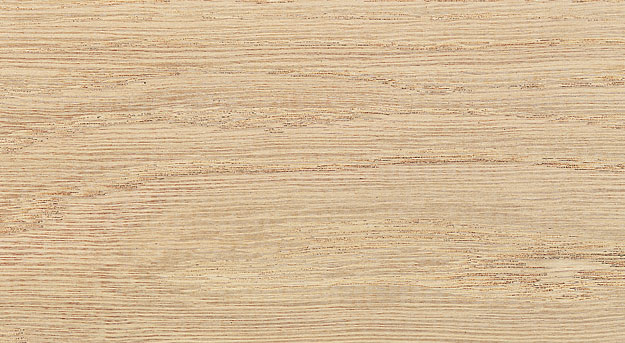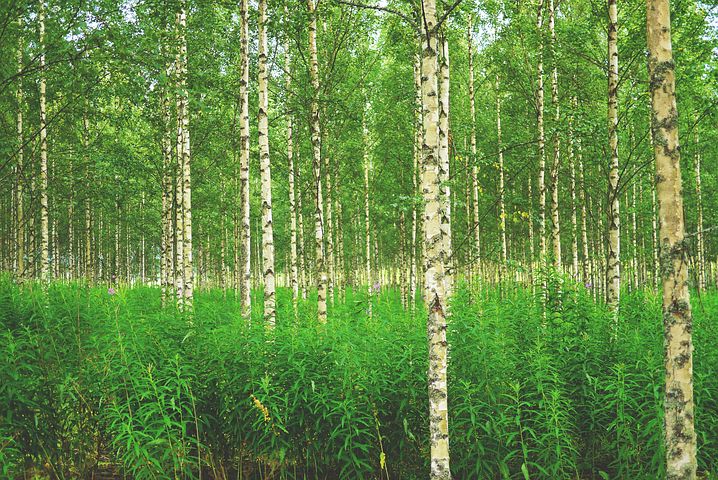CANADIAN WOOD SPECIES
- Canadian Softwood Species
Canadian softwoods include SPF (Spruce-Pine-Fir), Western Hemlock, Douglas Fir, Western Red Cedar, Western Yellow Cedar, and so on.
SPF (Spruce-Pine-Fir)
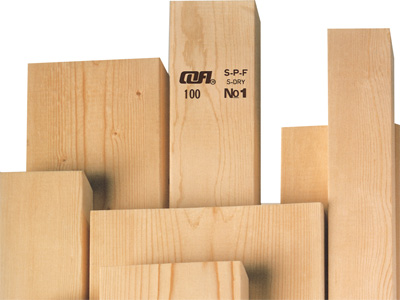
Canadian SPF contains three species of spruce, fir and pine, which are characterized by light color, from white to light yellowish brown, mostly white, with unclear texture and more scars. SPF is light in weight, moderate in strength, relatively high in strength, good in elasticity, medium in hardness and low in abrasion resistance. The machinability is moderate, and the gluing properties and nail holding power are moderate. Use in a corrosive environment requires anti-corrosion treatment.
Western Hemlock
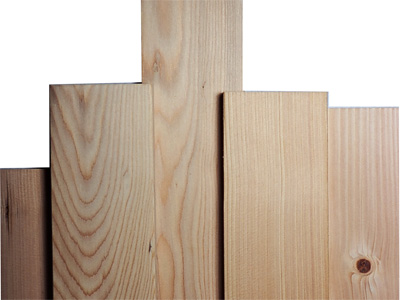
Western Canadian hemlock is light, pink or reddish brown. The annual rings are clear, the transition between the early and late woods is subtle, the texture of the wood is straight and uniform, and the wood is moderate to fine. This feature makes the western hemlock easy to produce a large number of non-defective wood due to the resistance to shamming during the growth process. The hemlock is air-dried or kiln-stabilized, which gradually hardens during drying and aging, so it has excellent wear resistance throughout the life cycle. The hemlock has excellent processing properties and is easy to machine. Because the wood is hard and the texture is straight, it is easy to plan and there is no cracking. Hemlock has excellent bite force for nails and screws. The cedar material has a smooth surface and no resin, and it can absorb different paints and colorants. It has good chemical handling properties.
Douglas Fir
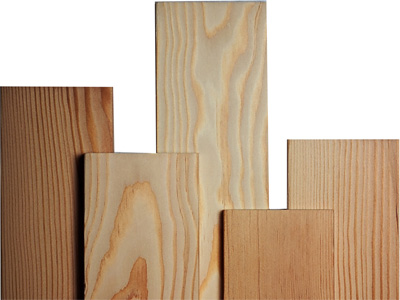
Canadian Douglas Fir material is characterized by a sapphire color with a narrow width and a heartwood ranging from yellow to reddish brown. The color of the early and late woods is distinct, and the latter has a deeper and distinct band. This color difference causes the shape of the wood grain to be different when the flat saw is used. The wood is fine to medium in size and the texture is straight and fine. Douglas fir is the most intense tree species of all conifers in Canada. It has a high degree of resistance to bending and breakage, and also has high rigidity. Its hardness and wear resistance are also high. Douglas fir is easier to dry, has a lower probability of cracking during drying, and has good dimensional stability. Its machinability is good. Douglas fir has good bonding properties, moderate nail holding power, and better absorption of paints and colorants.
Western Red Cedar
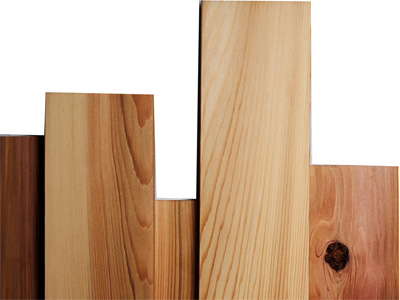
Western California red cedar is thinner with a light yellow color. Heartwood is available in a variety of colors, from light yellow to light red to dark brown. The texture of the wood is straight and fine. Its light weight is light and has natural antiseptic and insect resistance. Western red cedar is one of the most stable tree species in cork, with low shrinkage and easy drying. Its unique porous structure makes it an excellent thermal insulator in cork. Western red cedar is easy to process and has a smooth surface after processing. It is free of asphalt and resin and has good lacquering properties. It also has good gluing properties and excellent nail holding power.
Western Yellow Cedar
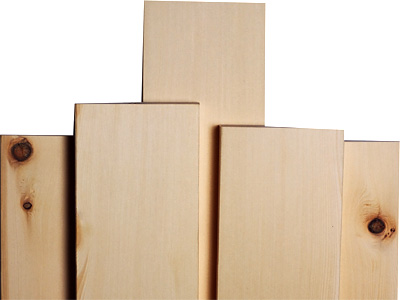
Western Canada Cork is a strong, sturdy, very durable tree species known for its hardness and slow growth. The yellow color of cork is distinct and uniform. The narrow band color of the sapwood is very similar to the heartwood. The wood material is fine and the lines are straight. Cork’s natural extracts make it resistant to decay and have a scent when cut. Because of its strength, hardness and durability, Cork is ideal for floor and deck terraces.
2. Canadian Harwood Species
Quebec, in eastern Canada, produces high quality hardwood products. These hardwoods are all mined from sustainably managed forests. They are an environmentally friendly and renewable resource that contributes to our environment and alleviates climate warming. Hardwood is a valuable forest resource because it has many unique characteristics and qualities. Many hardwood products companies adhere to recognized principles of sustainable management, which enables their hardwood products to obtain production chain certification (COC). Whether it’s for flooring or furniture, or for interior decoration as a decorative material, every Canadian hardwood product has a unique natural mark.
Canadian hardwoods include Hard Maple, Red Maple, White Birch, Yellow Birch, White Oak, Red Oak, White Ash, Beech, Walnut, Basswood,
Aspen, Cherry, and so on.
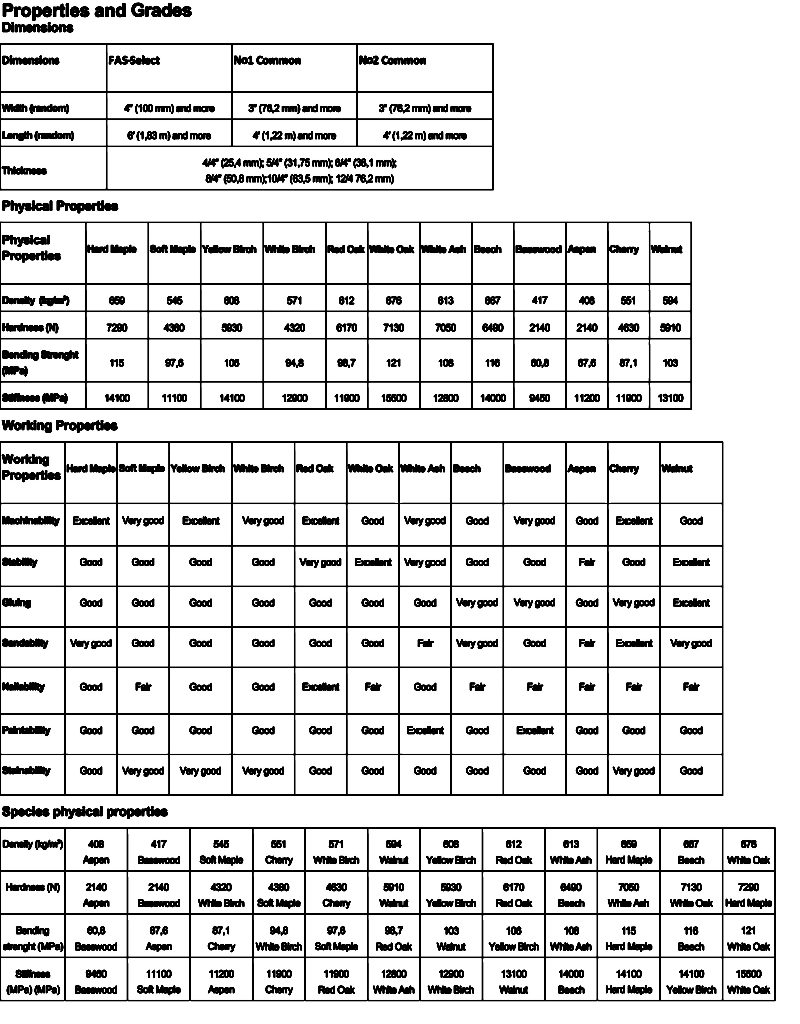
Hard Maple (Sugar Maple)
_01-2.jpg)
Cherry
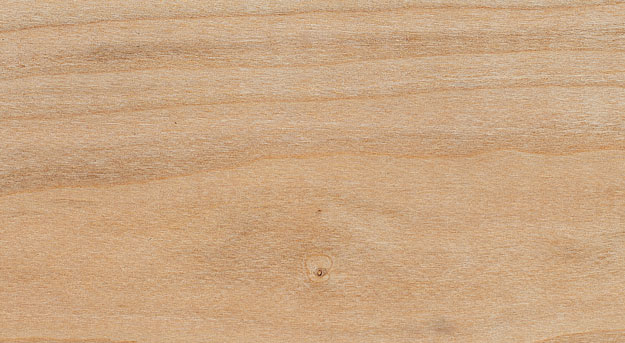
Red Oak
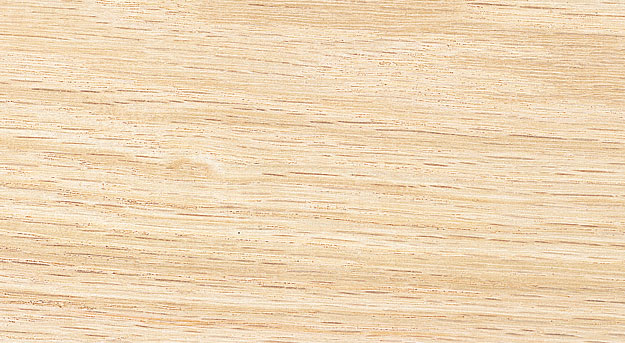
Yellow Birch
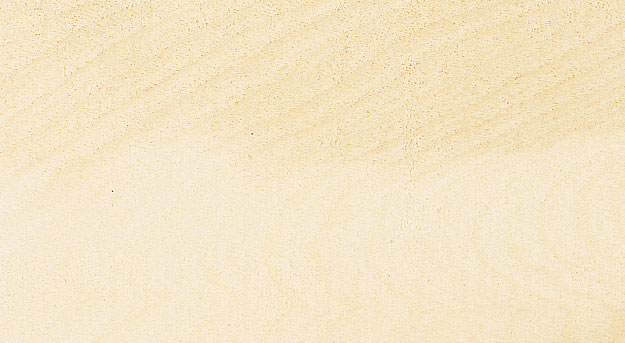
Walnut
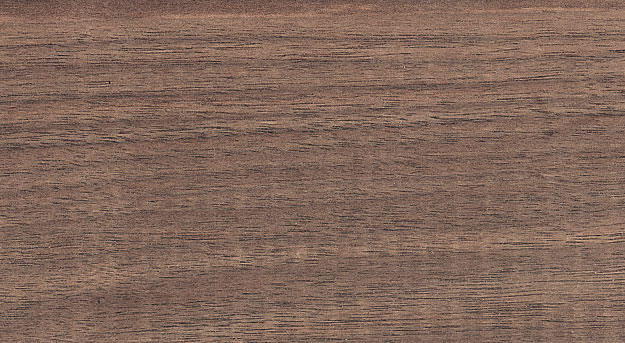
Beech
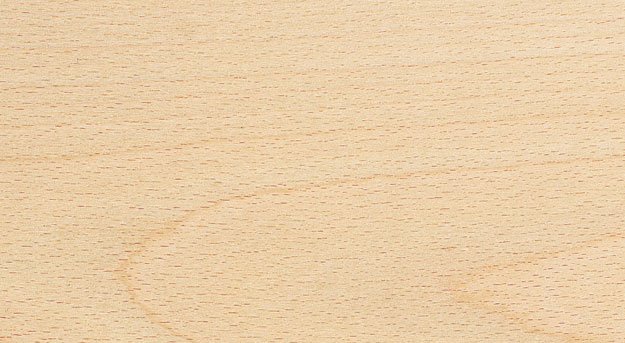
White Birch
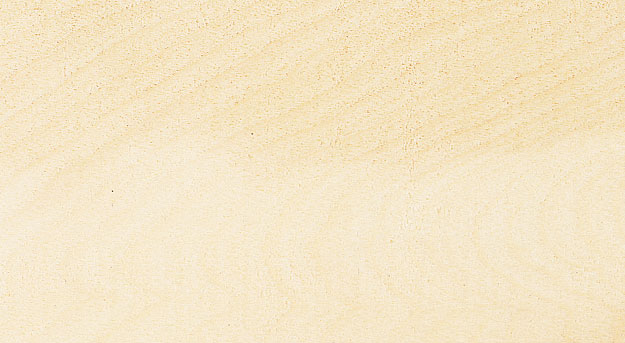
White Ash
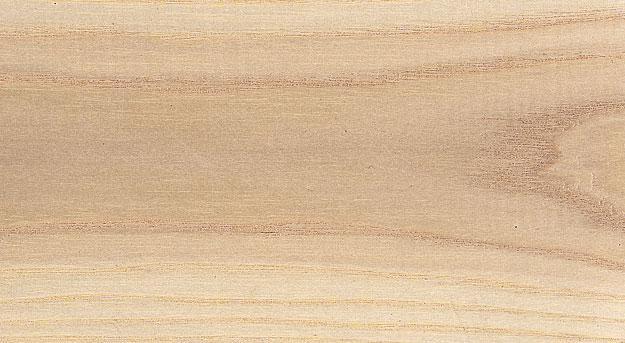
Aspen
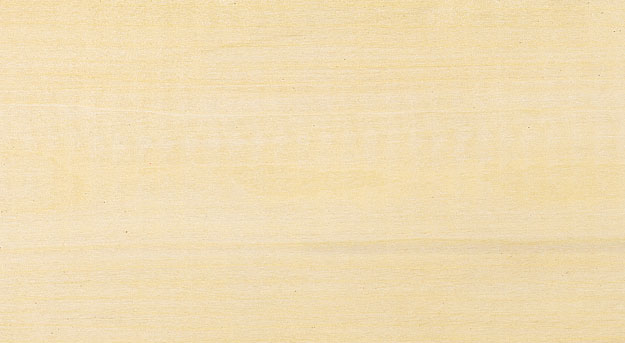
Basswood
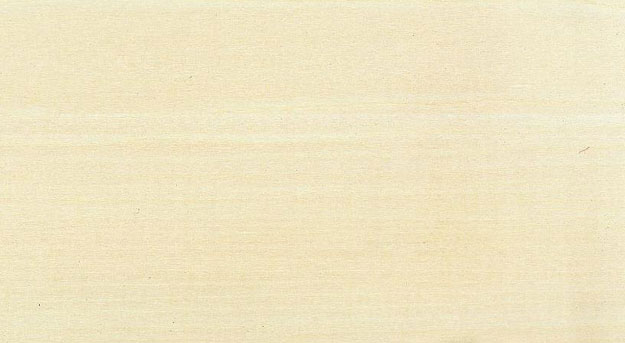
Red Maple
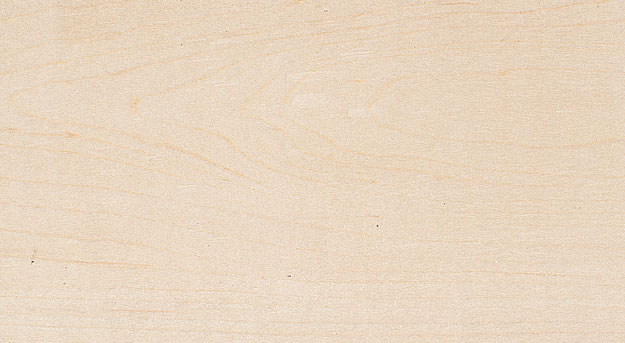
White Oak
